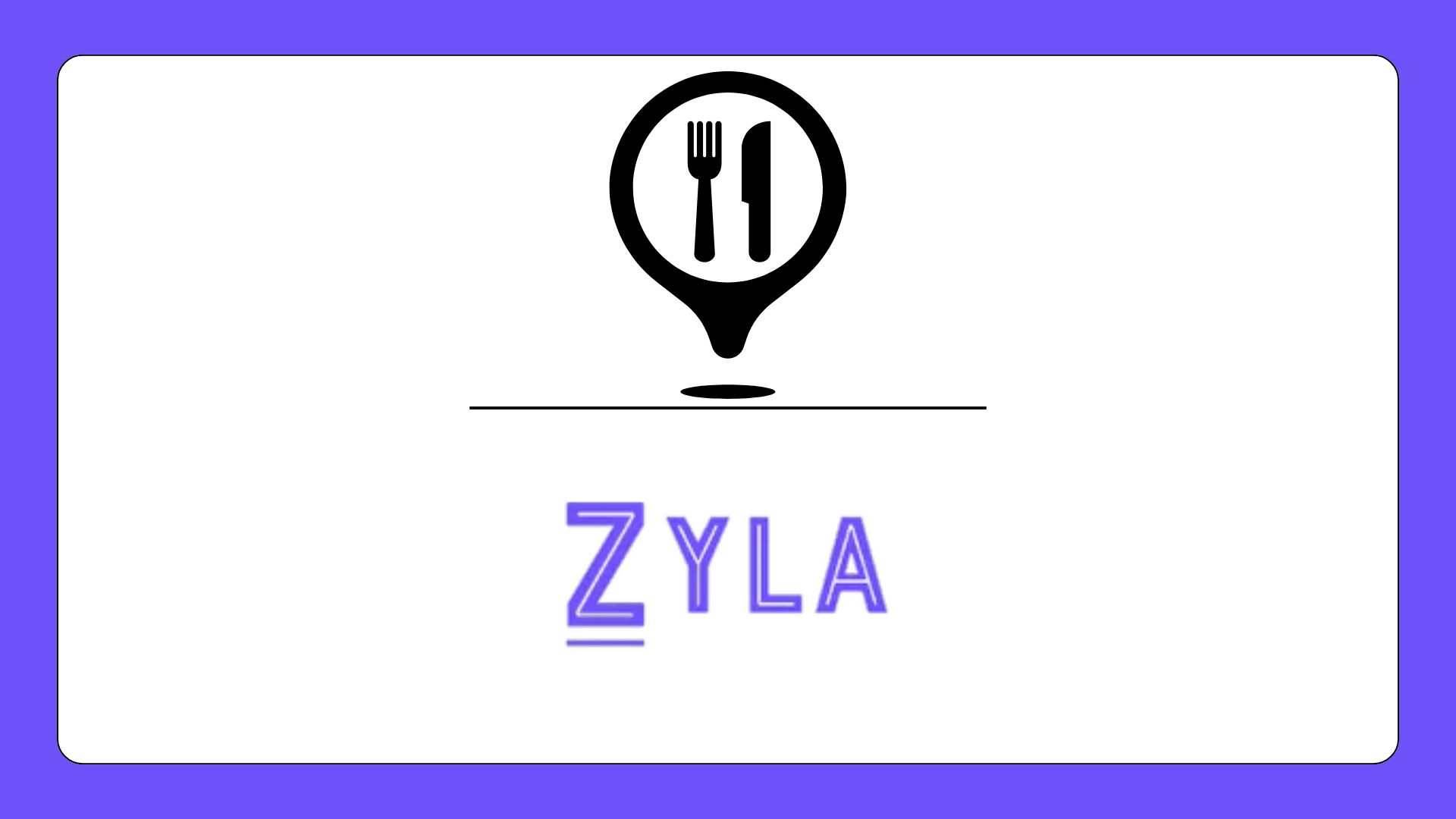Restaurant APIs For Reservation And Delivery Services

Restaurant APIs can significantly enhance the overall dining experience, improve operational efficiency, and drive customer loyalty. With platforms like Zyla API Hub restaurants are well-positioned to stay ahead in the rapidly evolving foodservice landscape.
How Restaurant APIs Enhance Reservation Systems
Restaurant APIs help automate the reservation process, making it easier for both customers and restaurant staff. These APIs allow restaurants to integrate their booking systems with external platforms, ensuring real-time updates on availability and reducing the risk of overbooking. When a customer makes a reservation online, the API ensures that the booking is automatically synced across all channels, preventing double-bookings and improving operational accuracy.
Restaurant APIs for reservations is the ability to capture valuable customer data. These APIs often integrate with customer relationship management (CRM) systems, allowing restaurants to track customer preferences, dietary restrictions, and past dining experiences. This data can then be used to personalize the dining experience for repeat customers, offering tailored recommendations or customized promotions. For example, if a customer often orders vegetarian dishes, the system can suggest new vegetarian options or offer special deals on plant-based meals during the next visit. Such personalized touches enhance the customer experience and foster brand loyalty.
Restaurant APIs improve the efficiency of managing reservation workflows. With automated confirmation emails and SMS reminders, restaurants can reduce the number of no-shows, allowing them to maximize seating during peak hours. These APIs also enable dynamic seating arrangements based on party size, customer preferences, and other factors. As a result, restaurants can streamline operations, reduce manual errors, and deliver a superior guest experience.
Optimizing Delivery Services with Restaurant APIs
Restaurant APIs play a critical role in automating order placement, managing inventory, and optimizing delivery logistics. By integrating APIs with their websites, apps, or third-party platforms like UberEats and DoorDash, restaurants can seamlessly manage online orders and ensure that customers receive accurate, timely deliveries.
Restaurant APIs is their ability to provide real-time updates to customers and staff. For example, once an order is placed, the API can send it directly to the kitchen, where it will be processed immediately. As the food is being prepared, the API can track the order's status and update both the customer and delivery drivers about its progress. This real-time communication ensures that customers are kept informed about the status of their orders, leading to a more positive experience. Additionally, these APIs can manage delivery times more accurately by considering factors like traffic, weather, and restaurant capacity. This helps to set realistic expectations for customers and minimizes the likelihood of delays.
Restaurant APIs can help restaurants personalize the delivery experience. For instance, APIs can suggest add-ons, such as drinks, sides, or desserts, based on the customer's past order history or dietary preferences. These upselling opportunities are a valuable source of revenue for restaurants and can significantly boost sales. Additionally, integrating loyalty programs through APIs can incentivize customers to place repeat orders by offering discounts or rewards based on their order frequency or total spend.







